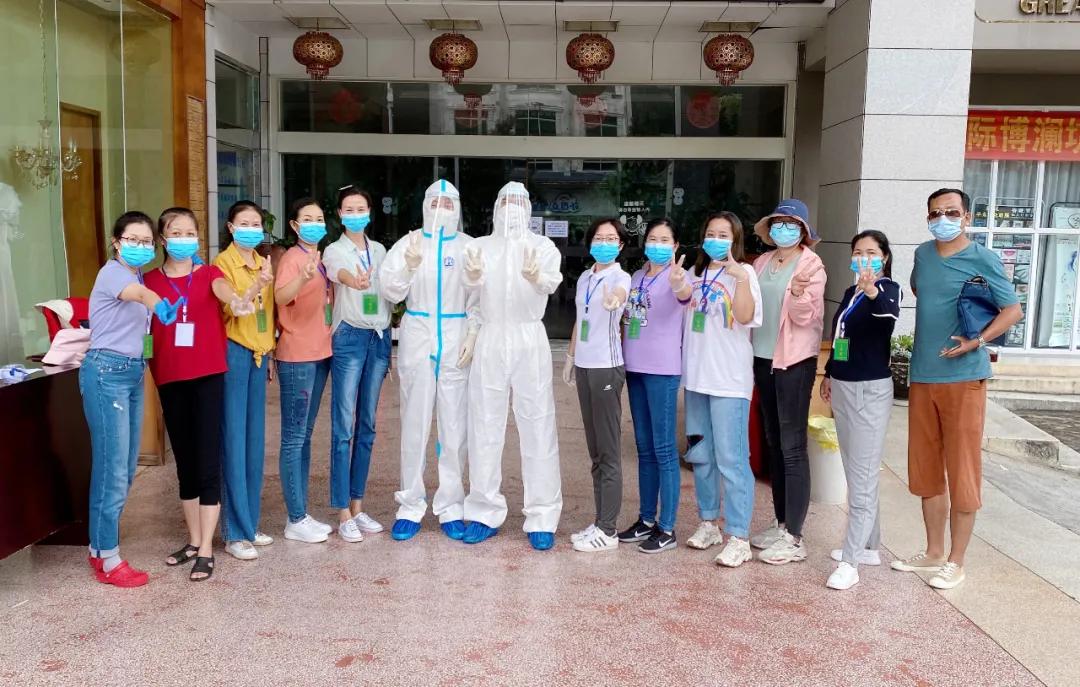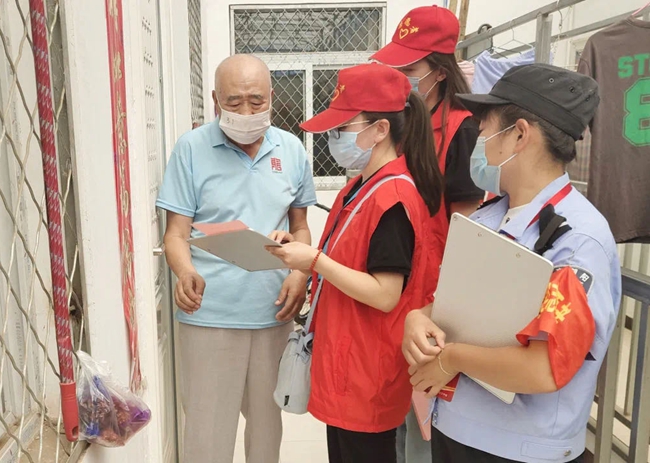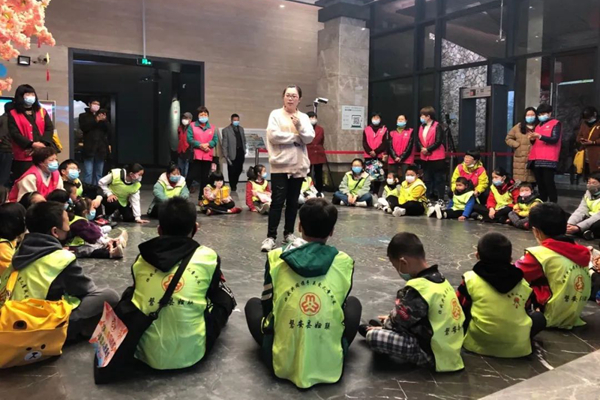
How a Nurse Races Against Time to Save Lives
For Zhong Xiaofeng every minute and every second is crucial as she races against time to save more lives.
As the head nurse of the intensive care unit of Wuhan Pulmonary Hospital, the first batch of hospitals designated for receiving those infected with the novel coronavirus in the epicenter, Zhong, with her colleagues, has devoted herself against the disease for more than 60 days.
Working day and night, Zhong said: "I don't think about health risks too much, or even have time to be afraid, because saving patients is always my responsibility and mission."
"What I should do is guide my team to provide the infected with better nursing services, using medical knowledge and professional nursing skills to protect them," she said while meeting the press on Sunday at a media briefing organized by the State Council Information Office in Wuhan.
In ICU, a place facing life and death, workload and work risks are both bigger than any other wards. Working in ICU also places higher requirements for nurses in technical operation and cooperation, Zhong said.
Nurses must not be careless in rescuing and looking after the patients, "as every work step of us relates to the life and death of the infected", she said.
Zhong and her team members often see patients that have chest tightness, have difficulties in breathing, or get worse or become weak. It's also a common scenario that nurses rush to the patients to press their hearts, help them draw on oxygen masks or put them on ventilators.
Such life-and-death moments are normal in the wards for the infected with severe symptoms, she said.
In addition to the medical aids, nurses are also responsible for taking care of all the patients in the quarantined wards, where their family members and nursing workers are prohibited from entering.
For example, they need to help the infected eat, drink, clean bodies and go to toilet every day. In addition, they need to clean the wards and move oxygen tanks, too.
Despite of the risk of getting infected and the fatigue caused by the heavy workload, no one in the team has complained, "and we've also been encouraged by the patients," Zhong said.
"One day, a young nurse cried after walking out of a ward, and I thought she was too tired or felt uncomfortable," Zhong recalled. "But she told me it was because a patient she was looking after finally became conscious. She said her efforts were not in vain."
"Many patients were almost unconscious when they were sent to the ICU, let alone communicating with us. So their reactions, such as eyes or simple postures, will give us a great sense of achievements," she said.
Zhong said she will fight with her colleagues to the last minute of the battle, noting her expectation is to see everyone safe and sound in the end.
"And I hope I could hug my family members and kiss my daughter after we win this battle," she added.
(Source: Chinadaily)
- Women Workers and Volunteers Contribute to Citywide Nucleic Acid Test in Qingdao
 Ruili Women's Federation in Yunnan Joins Anti-COVID-19 Epidemic Battle
Ruili Women's Federation in Yunnan Joins Anti-COVID-19 Epidemic Battle Chaoyang Women's Federation in Beijing Makes All-Out Efforts in Fight Against Virus
Chaoyang Women's Federation in Beijing Makes All-Out Efforts in Fight Against Virus- Women's Federations in C China's Hubei Help Women's Enterprises Resume Work
- County Heads, Women's Federations' Presidents Promote Agricultural Products via Livestreaming Shows
 Medic's Stories About Anti-Virus Fight Inspire Left-Behind Children at Women's Federation's Activity
Medic's Stories About Anti-Virus Fight Inspire Left-Behind Children at Women's Federation's Activity

 京公网安备 11010102004314号
京公网安备 11010102004314号